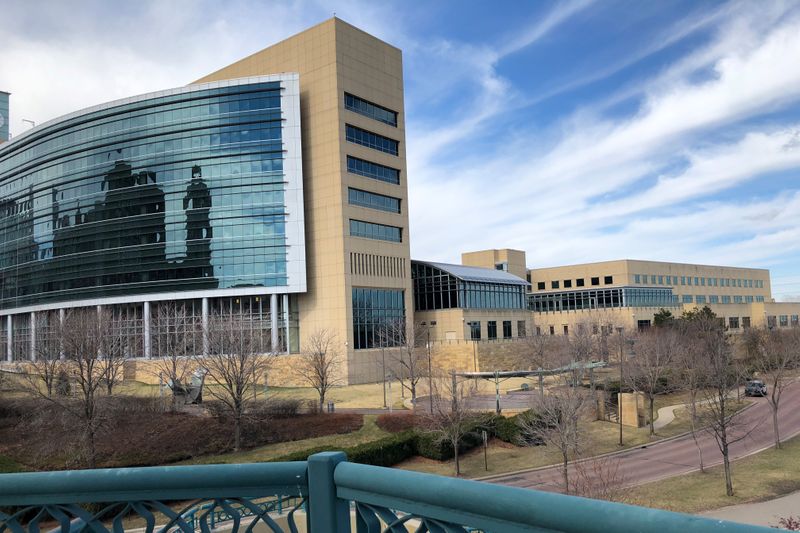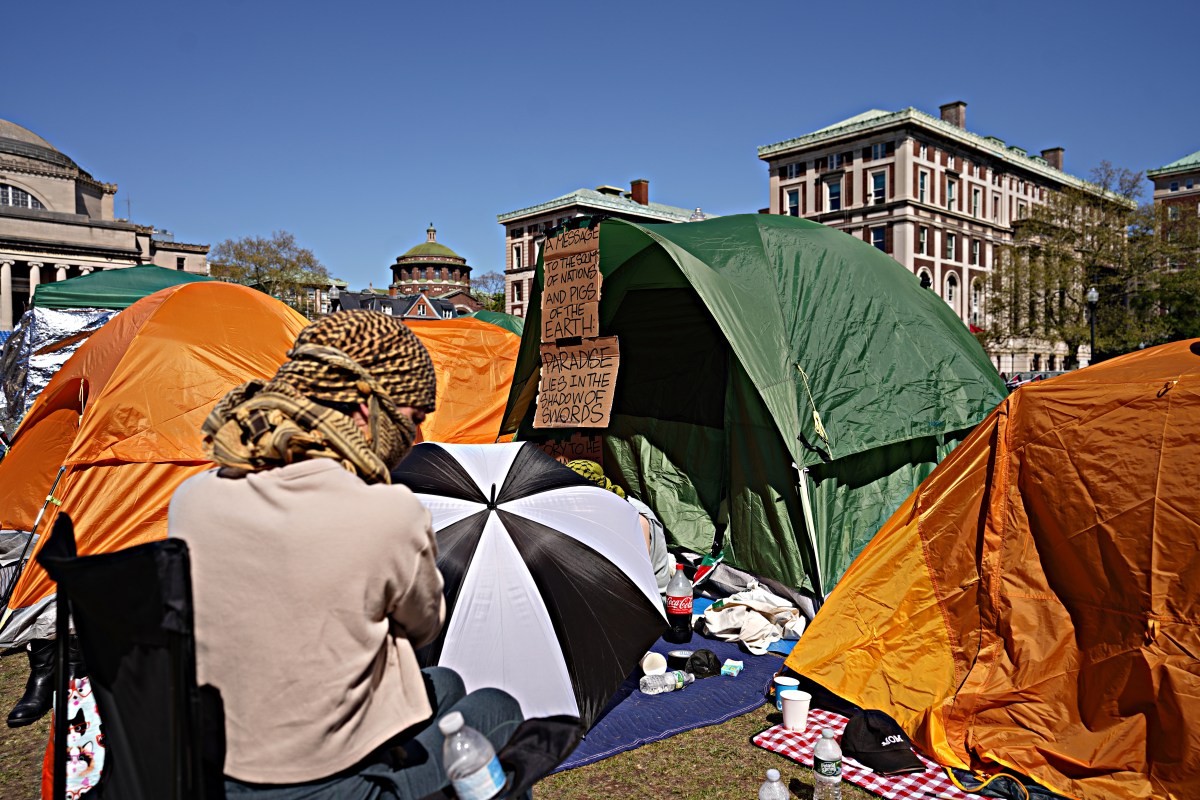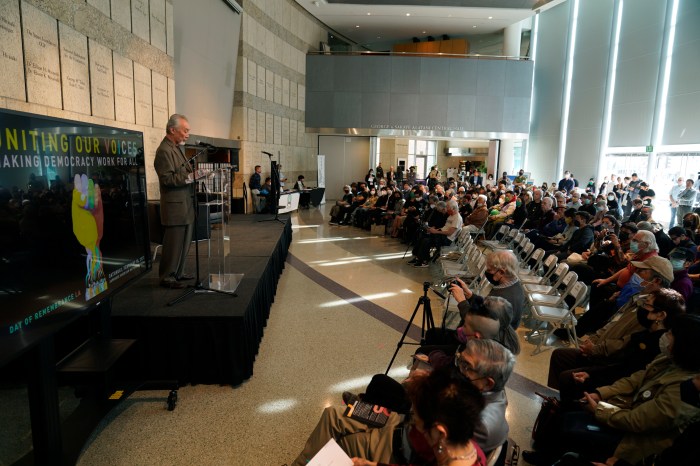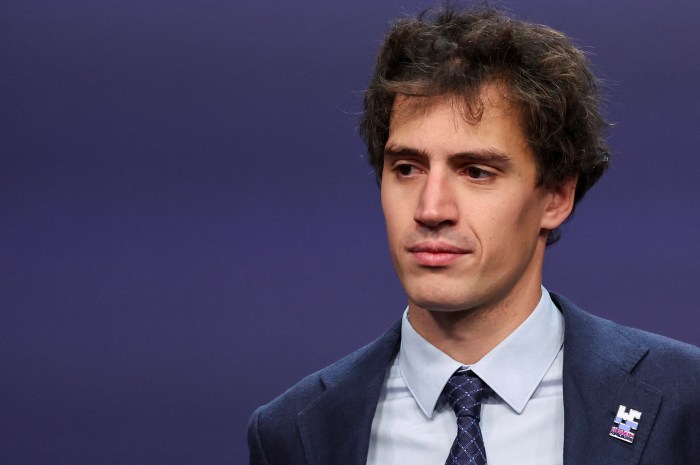By Ann Saphir
(Reuters) -The Federal Reserve Bank of Minneapolis will require all employees to be fully vaccinated against COVID-19 by the end of August in preparation for in-person work, the bank’s president Neel Kashkari said on Wednesday.
“In order to fulfill our public-service mission, we need more face-to-face contact than remote work allows, but there is no way for us to bring a critical mass of our staff back into our facilities and maintain social distancing,” Kashkari said in an essay published on the bank’s website. “Hence, we need our employees to be vaccinated.”
Across the U.S. central bank, there is no coordinated plan for a return to office, though Fed Chair Jerome Powell — who is vaccinated — and others in leadership positions have begun to conduct some meetings in person. Some banks have signaled they expect more staff to return to offices in the fall. Most employees throughout the Fed system have been working remotely for more than a year.
Many of the Fed’s 12 regional banks say they strongly encourage vaccinations, but only Minneapolis has announced a requirement. Regarding a mandate, the Boston Fed said Wednesday it is “carefully considering all the issues, and will continue to evaluate the relevant factors as we assess that option.”
The St. Louis Fed says it requires its employees to report their vaccination status so that the bank can follow government guidance on quarantining and other safeguards.
More than 82% of Minneapolis Fed’s employees are already vaccinated, including Kashkari and the rest of the senior leadership, his essay said. But that still leaves almost 200 employees who have not said what their vaccination plans are.
All staff will need to be vaccinated to continue their employment, he said, with exceptions allowed for those prevented by medical conditions or “sincerely held religious beliefs.”
(Reporting by Ann SaphirEditing by Sonya Hepinstall and Cynthia Osterman)


















